🇷🇴 purtătorii de barbă
🇬🇧 the bearded ones
🇷🇴 Get = Pământean, gețuitor (viețuitor), unde Pământ = Geea / Gaia (Geb / Gebeleizis), la fel cum țăran = om din țărână sau om al pământului. ‘Păgân’ vine din lat. Paganus (ceea ce e fals, întrucât este exact invers), unde paganus = ţăran. Cu timpul cuvântul ‘păgân’ a primit o conotaţie negativă, la fel cum a primit cuvântul ‘barbar’, dar ştim că în realitate, barbar = purtător de barbă, înţelept și nicidecum primitiv.
🇬🇧 Get = Earthly, greedy (living), where Earth = Geea / Gaia (Geb / Gebeleizis), just as peasant = man of the earth or man of the earth. ‘Pagan’ comes from lat. Paganus (which is false, since it is exactly the opposite), where paganus = peasant. Over time, the word ‘pagan’ received a negative connotation, just as it received the word ‘barbarian’, but we know that in reality, barbarian = bearded, wise and by no means primitive.
| 🇬🇧 Carlo Troya (1784 – 1858), Italian historian: “No nation of the ones mentioned by the Greeks as barbarian, has a more certain and more older history like the one of the Getes or Goths. The purpose of my work, Getic or Gothic History, is divided in two parts and one of them shows that the Getes of Zamolxis and of Decebal had been the ancestors of the Goths of Theodoric of the Amals.” | 🇷🇴 Carlo Troya, istoric italian (1784-1858): „Niciun popor din cele pe care grecii le numeau barbare, nu au o istorie mai veche şi mai certă ca a geţilor sau goţilor. Scopul lucrării mele, Istorie Getică sau Gotică, se împarte în două părţi şi una din ele arată că geţii lui Zamolxe şi ai lui Decebal au fost strămoşii goţilor lui Teodoric din neamul Amalilor.” |
| 🇷🇴 Clement Alexandrinul (Stromatele, V-VI): „Barbarii n-au fost numai descoperitorii filozofiei, ci şi descoperitorii tehnicii, ştiinţei şi artei… Trebuie să merg mai departe şi să arăt lămurit că filozofia greacă a furat din filozofia barbară. Cei mai mulţi şi-au făcut ucenicia printre barbari. Pe Platon îl găsim că laudă pe barbari şi aminteşte că atât el cât şi Pitagora, au învăţat cele mai multe şi mai frumoase învăţături trăind printre barbari.” | 🇬🇧 Clement of Alexandria (The Stromata, V-VI): “The barbarians weren’t only the discoverers of philosophy, but also of technology, science and art. I have to go further and clarify that the Greek philosophy stole from the barbarian philosophy. Most of the peoples had their apprenticeship between the barbarians. Plato praises the barbarians and reminds, as Pythagoras did, that they learned the most numerous and beautiful teachings by living between the barbarians.” |
| 🇷🇴 Paul MacKendrick, Europa de la Atlantic la Urali: „Burebista şi Decebal au creat în Dacia o cultură pe care numai cei cu vederi înguste ar putea-o califica drept barbară. Rumânii sunt membri ai unuia din cele mai remarcabile state creatoare ale antichităţii. Sus în Maramureş există un loc marcat drept centrul bătrânului continent.” | 🇬🇧 Paul MacKendrick (Europe, from the Atlantic to the Urals): “Burebista and Decebal created in Dacia a culture that only the narrow minded could qualify it as barbarian. Rumanians are the members of one of the most remarkable creator states of antiquity. Up in Maramureş there is a place marked as the center of the old continent.” |
| 🇬🇧 The bishop Melito of Asia, cited by Eusebius of Caesarea in the Ecclesiastic History (175 A.D.): “The Christian philosophy, after it flourished between the barbarians, had spread in the empire.” | 🇷🇴 Episcopul Meliton al Asiei, citat de Eusebiu din Cezareea în lucrarea ‘Istoria bisericească’, scrie pe la anii 175 d.Hr.: “Filozofia creştină după ce a înflorit la barbari, s-a raspândit în imperiu.” |
🇬🇧 Bonfini: “The language of Rumanians could not be exterminated, although they are settled in the middle of so many barbarian peoples and they fight not to leave it no matter what, as they wouldn’t fight for a life, as they do for a language.”
🇷🇴 Bonfini: „Limba românilor n-a putut fi extirpată, deşi sunt așezaţi în mijlocul atâtor neamuri de barbari şi aşa se luptă să nu o părăsească în ruptul capului, încât nu s-ar lupta pentru o viaţă, cât pentru o limbă.”
| Statui de DACI în lume 🇷🇴 trăind printre barbari 🇷🇴 |
GETÆ statues in the world 🇬🇧 living between the barbarians 🇬🇧 |
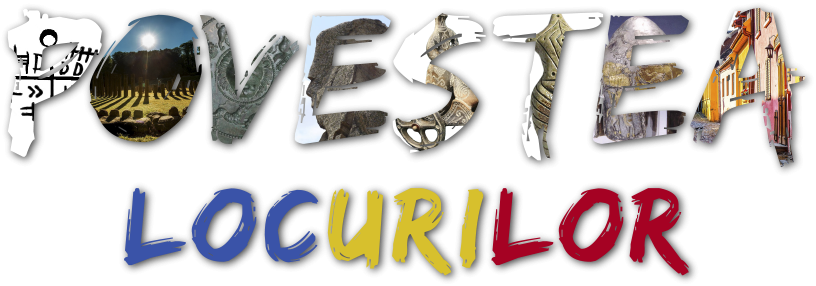

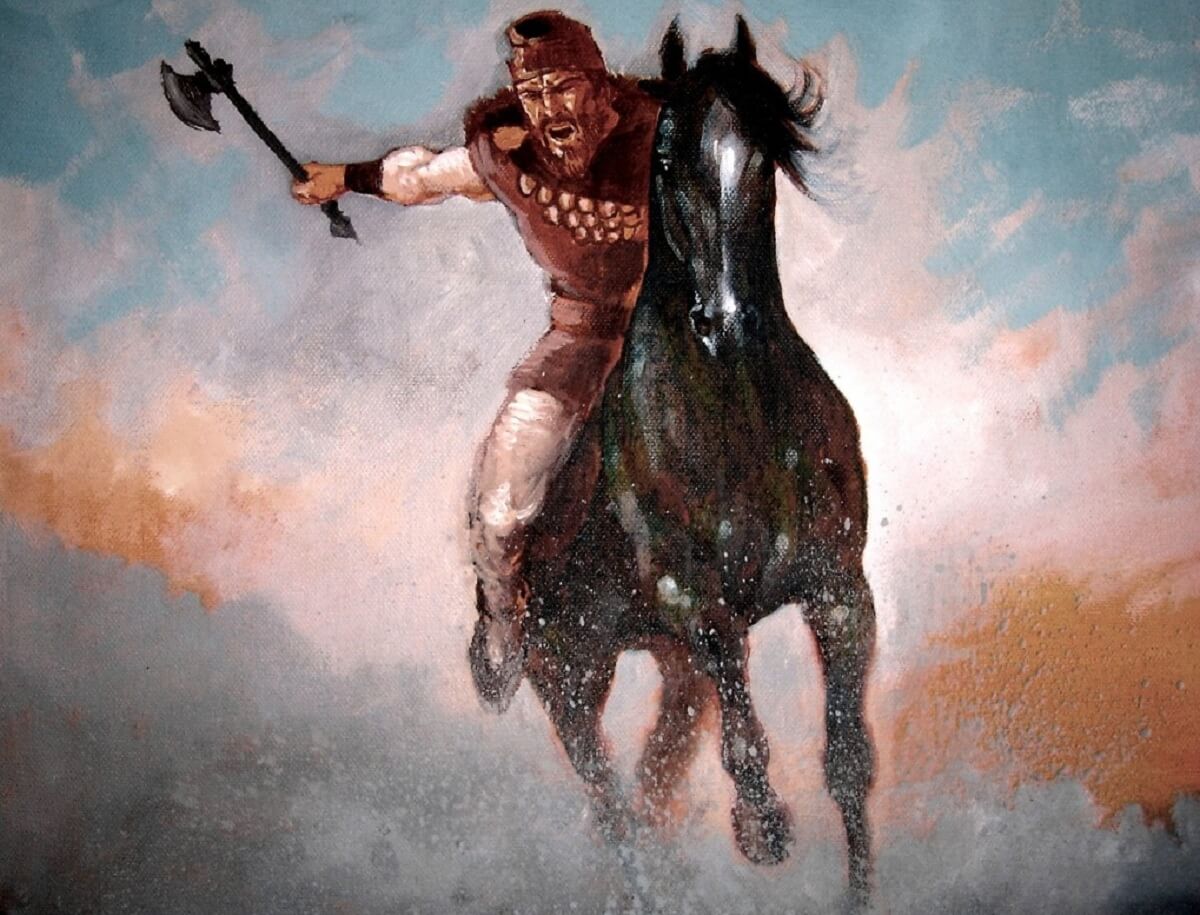


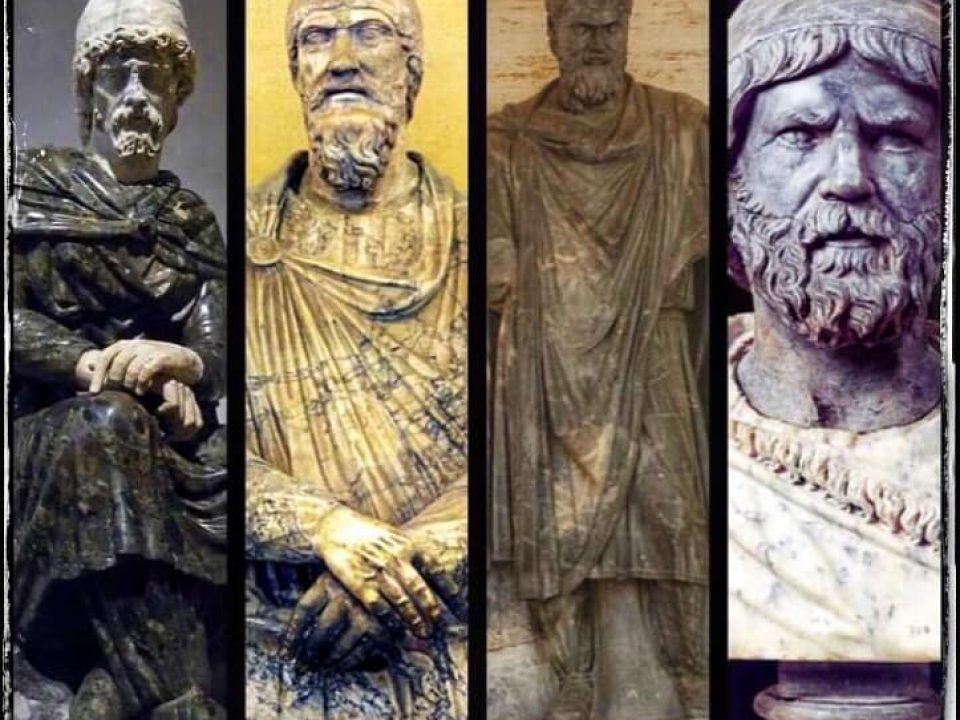
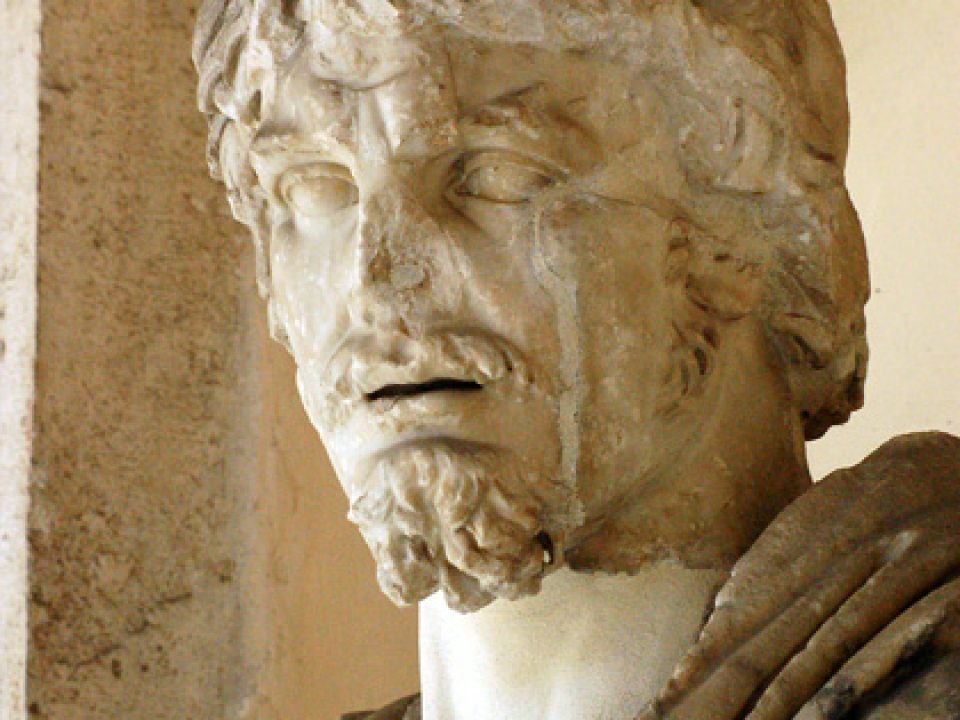
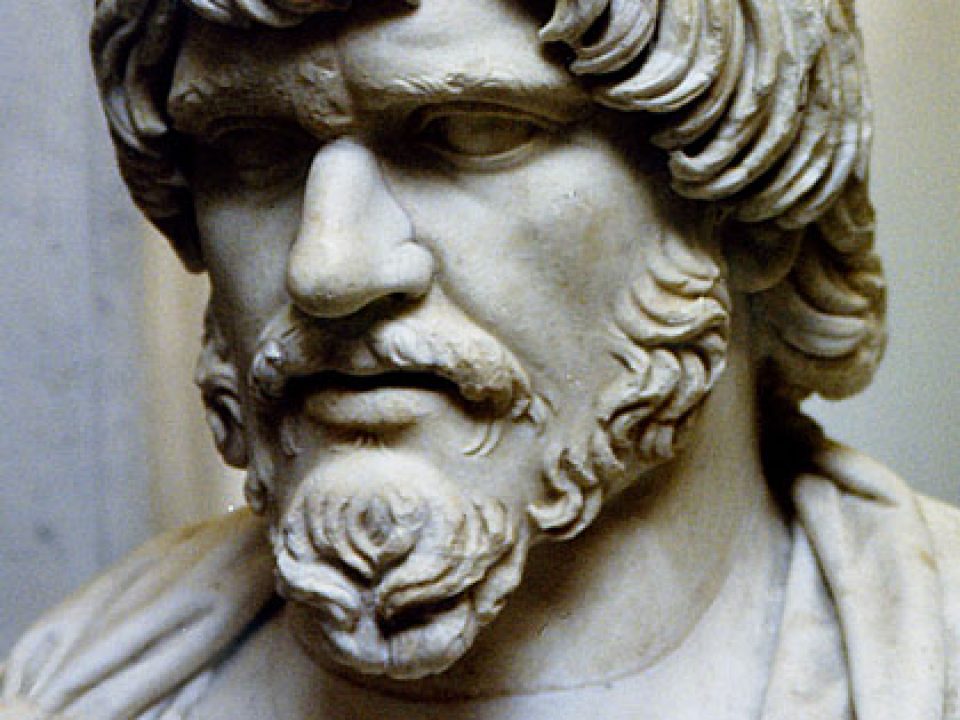
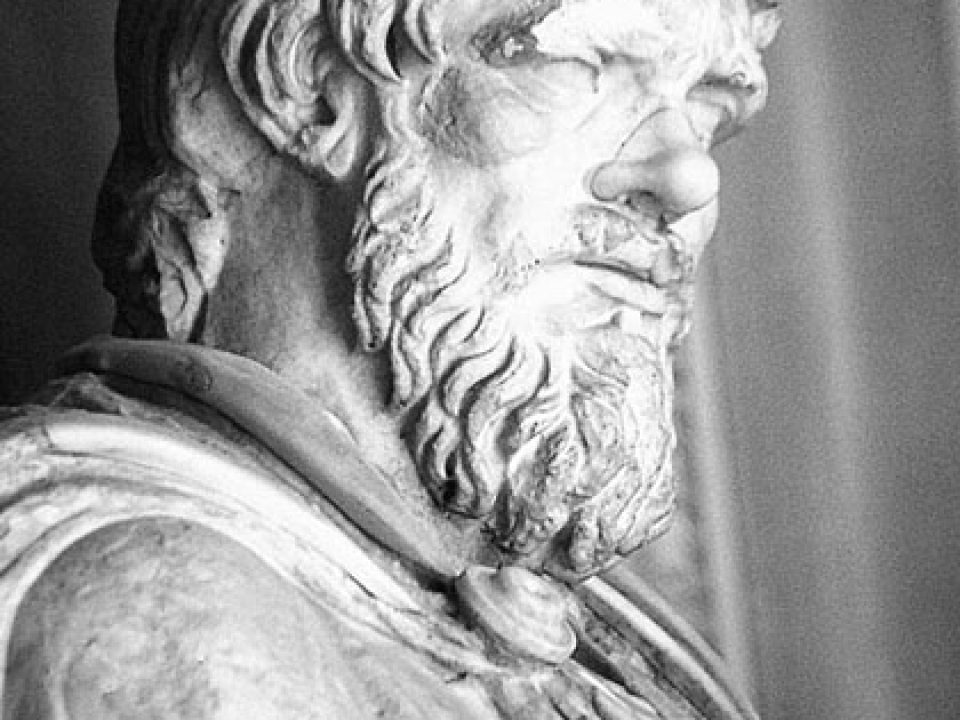
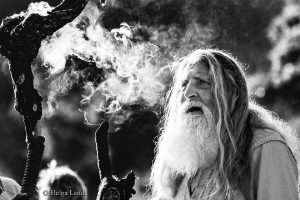
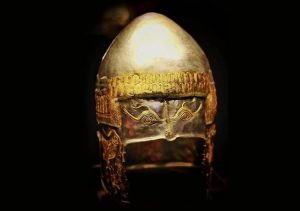
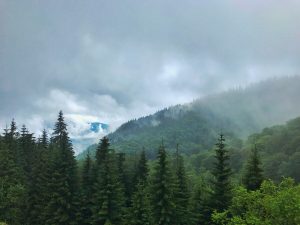
Vezi mai mult despre 🇷🇴 înțelepții cu barbă 🇷🇴 lupta lor cu generalul lui Alexandru cel Mare ⚔️ Z O P Y R I O N ⚔️ cum au dobândit de trei ori stăpânirea Asiei ⚔️